"Finding Needles in an Avalanche of Haystacks: The New Precision Timing Detector for CMS "Chris Neu , University of Virginia - Department of Physics [Host: Bob Jones]
ABSTRACT:
The full potential of the Large Hadron Collider will ultimately be realized through the running period that will take collider operations into the late 2030s. The so-called High Luminosity era of the LHC (HL-LHC), planned to begin in 2027, will see up to a 5-fold increase in the nominal brightness of the LHC beams, which will consequently allow experiments to collect a data set of proton-proton collisions approximately 20 times larger than what has been collected so far in high-energy LHC running. This significant increase in data sample will be a boon for the physics program of the LHC experiments, furthering searches for ultra-rare phenomena and refining precision measurements of known processes. At the CMS experiment, a suite of novel upgrades will be deployed that will enable the experiment to cope with the onslaught of collisions in the high luminosity environment and fully capitalize on the opportunities presented in the HL-LHC era. In this talk I will focus on the MIP Timing Detector (MTD), a device capable of measuring the time-of-arrival for minimum-ionizing particles (MIPs) produced within CMS with a resolution of 30 picoseconds. This entirely new detector system will be built in part at UVA before being shipped to CERN and integrated with the CMS experiment. I will describe the principle of operation of the MTD, the current status of the project and UVA's role in the construction of the device. I will also discuss the expected impact the MTD will have on several high-profile physics signatures that are prime targets in the HL-LHC era and, in particular, the power of using timing information in the reconstruction of exotic long-lived particle decays. VIDEO:
|
Colloquium Friday, September 25, 2020 3:30 PM Online, Room via Zoom Note special room. Click on the following link to attend the online colloquium:https://web.phys.virginia.edu/Private/Covid-19/colloquium.asp |
To add a speaker, send an email to phys-speakers@Virginia.EDU. Please include the seminar type (e.g. Colloquia), date, name of the speaker, title of talk, and an abstract (if available).
 Physics at Virginia
Physics at Virginia